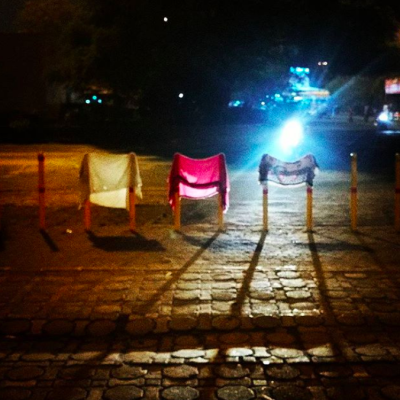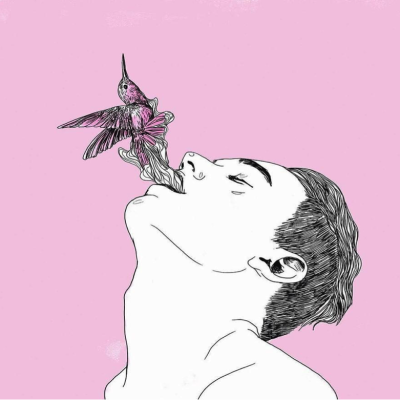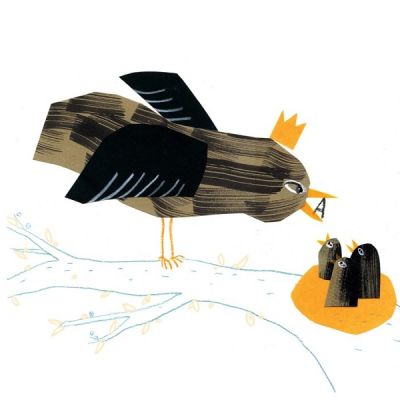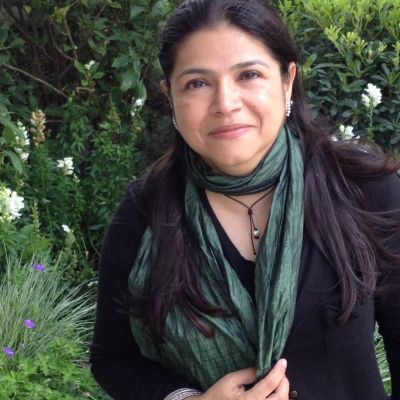Shilpa Phadke
‘आप मटरगश्ती (लॉयटर) क्यों करना चाहेंगे?’ नारीवादी शोधकर्ता, अभिभावक, शिक्षक और सक्रियतावादी डॉ॰ शिल्पा फडके से पूछने के लिए एक बढ़िया सवाल है।
सामान्य तौर पर एक नारीवादी माँ का काम, जो रोज़मर्रा की चर्चा में यौनिकता के बारे में बात करने के लिए दृढ संकल्पी हो, अनिश्चितता से भरा है। अन्य नारीवादी दोस्तों के साथ बातचीत और संसाधनों जैसे तारशी की अभिभावकों के लिए लिखी गई उत्कृष्ठ किताब द यलो बुक से उत्पन्न मेरी रणनीति है कि सवालों का ठीक-ठीक जवाब देना, जब भी वे पूछे जाएँ। हालाँकि, मुझे उम्र के हिसाब से जानकारी देना सीखने में समय लगा।
Relatively speaking, women, particularly upper-middle-class women, have greater legitimacy in the new privatized spaces of consumption like shopping malls and coffee shops than in public spaces like parks or promenades. However, these are far from uncontested spaces
Shilpa Phadke reminds us that we have the right to choose to take risks and the responsibility to respect difference so that we can re-imagine public spaces, feel a sense of belongingness in them, and have them belong to everyone.
I gave myself the freedom to choose. And I chose to re-examine my assumptions. Maybe it was possible to ask strange men for directions without being afraid of seeming vulnerable. Maybe I could plan my outfit without bothering about the fact that I would be travelling on public transport.
I gave myself the freedom to choose. And I chose to re-examine my assumptions. Maybe it was possible to ask strange men for directions without being afraid of seeming vulnerable. Maybe I could plan my outfit without bothering about the fact that I would be travelling on public transport.
What is the self, and what does it mean to give care? Philosophers, activists, artists, scientists, people of all inclinations and positions have pondered on, played with, and struggled to come to meaningful definitions about the issues these questions address. Without care, can there be a self at all?
For as long as we can conceive of the existence of human civilisation, we can expect there to have been people’s movements. The term ‘people’s movements’ itself refers to the inexorable nature of the human being: things always change; they fall apart and come together in dynamic fluidity, and this uncontainable, organic spirit of constant flux is some of the joy of living.
How much do our parents teach us about ourselves? If science and psychology have proved that sexuality and sexual development grow and bloom in the course of our lives along with our other faculties, what role do our parents have in what we learn about sexuality? And, as parents, surely there’s so much we learn about sexuality, ourselves, and everything else from essaying the role? To parent is to learn how to teach what we already know, and to be able to receive more than a few surprise lessons ourselves.
Shilpa believes loitering, just being, just hanging out in public places, is about ‘claiming the city with your body’. One of the co-authors of the book, ‘Why Loiter: Women and Risk on Mumbai’s Streets’ published in 2011, Shilpa has authored several essays and journals on issues of feminist parenting, gender and the politics of space, the right to take risks and related thoughts and concepts.
But what has been amazing to witness is how quickly young women in particular, took to the ideas of Why Loiter? and pushed them even further, creating new movements to expand women’s rights to the public, including the right to be out late at night, to stretch the curfew at women’s hostels, to demand extended access to women’s toilets, to public transport etc.
“Mamma, look, that’s a boy giraffe, I can see his penis,” exclaims my four-year-old daughter in delight at her discovery as we stand watching the stately animals at the fabulous Mysore Zoo. Far from cringing at the over-loud tones of my daughter, I beam at her, “That is clever of you.”











